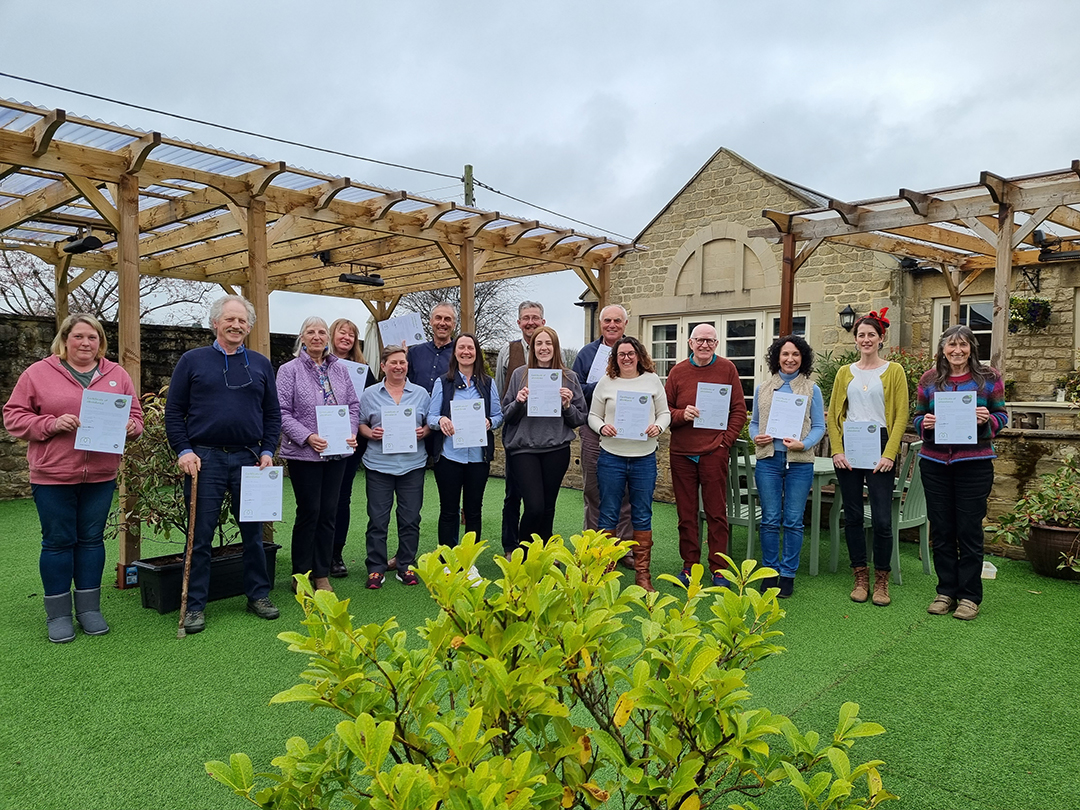Masham Rural Wellbeing Support
Our outreach service provides local access to kind and compassionate mental health support in the more rural areas of Harrogate district. Confidential, personalised and accessible appointments are available on Thursdays at Mashamshire Community Office.
Suitable for low-level mental health problems, we offer:
- Information on mental health conditions, including coping tips.
- Assistance in finding groups and activities to improve social connections.
- Signposting and referrals to other helpful services, such as befriending or counselling.

Mashamshire Community Office
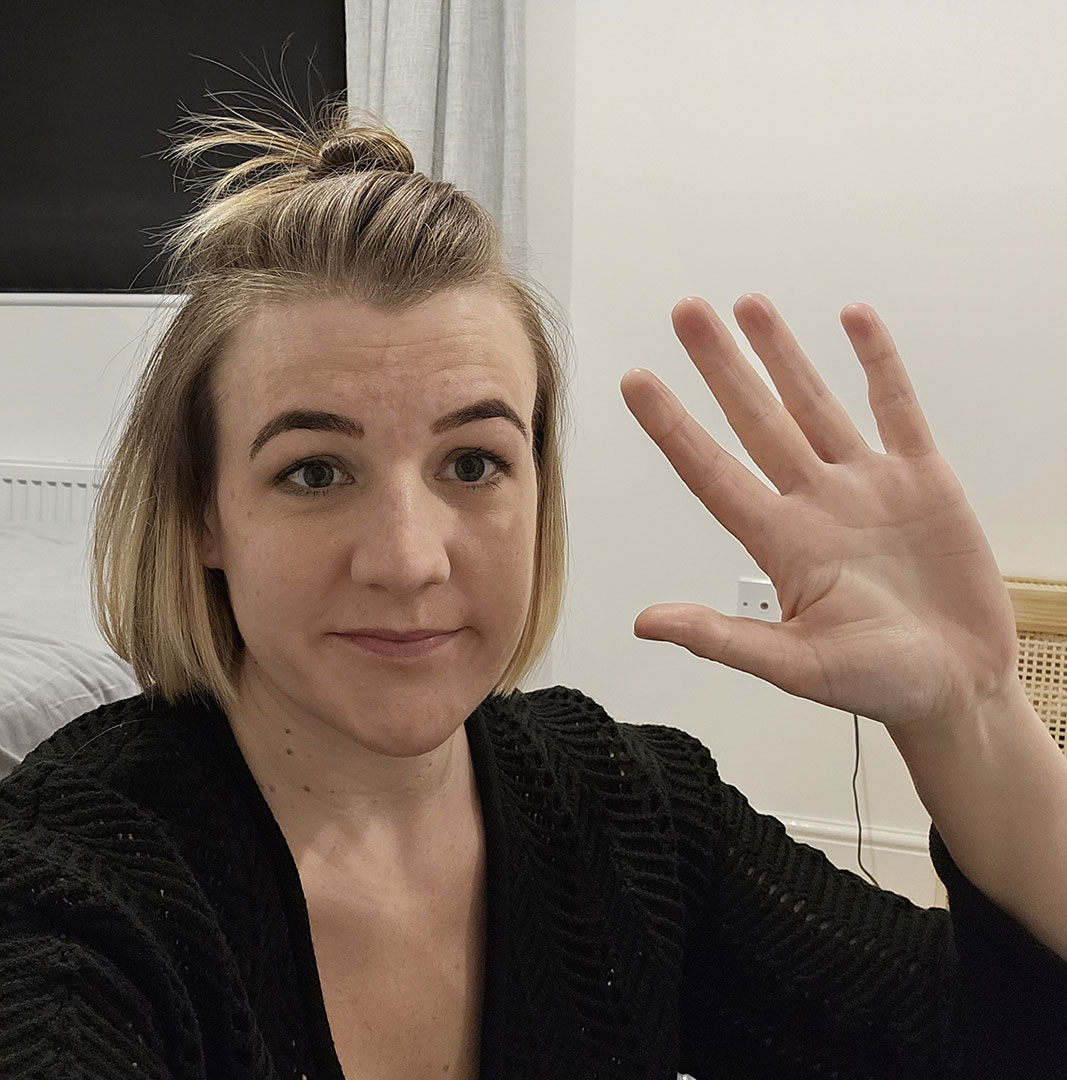
How to Book
Contact Kirsty Dawson, Rural Wellbeing Coordinator [email protected]
Telephone: 07305 049296
We are also able to offer Mental Health First Aid training courses in Masham. For more information on our training courses, please see Mental Health Training for Businesses.
Our Befriending Coordinator, Dave, is also available to meet at our community locations. If you have any questions about this service or wish to book an appointment with him, please visit our Befriending page.
Our Work at Masham…
Our outreach efforts also extend beyond our appointments.
Masham Wellbeing Group
Masham Wellbeing Group is a free, informal, activity-based community group centred around wellbeing and emotional health and supported by Mind in Harrogate. We’re open to all and meet monthly to explore different approaches to wellbeing. We usually meet on a Tuesday evening, on the last Tuesday of the month. Examples of previous activities include wild dipping, yoga nidra, sound baths, vision boarding, forest bathing and meditation sessions.
If you would like to join us, please contact Kirsty on [email protected] or 07305 049296.
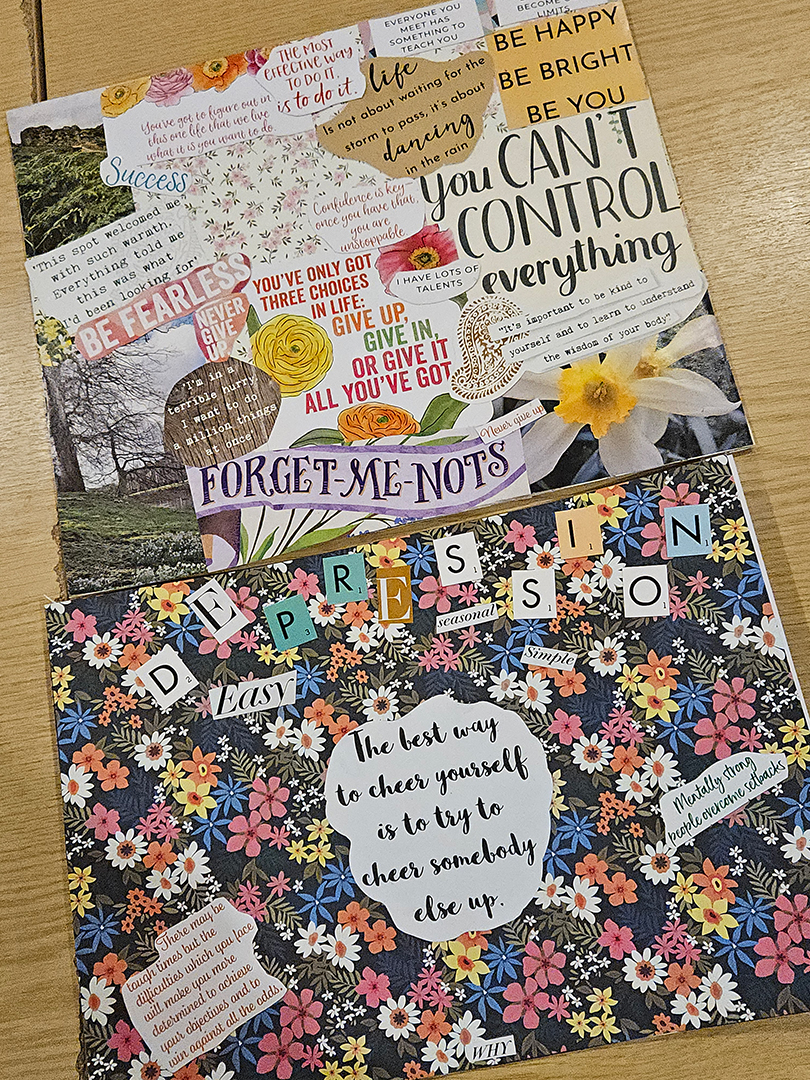
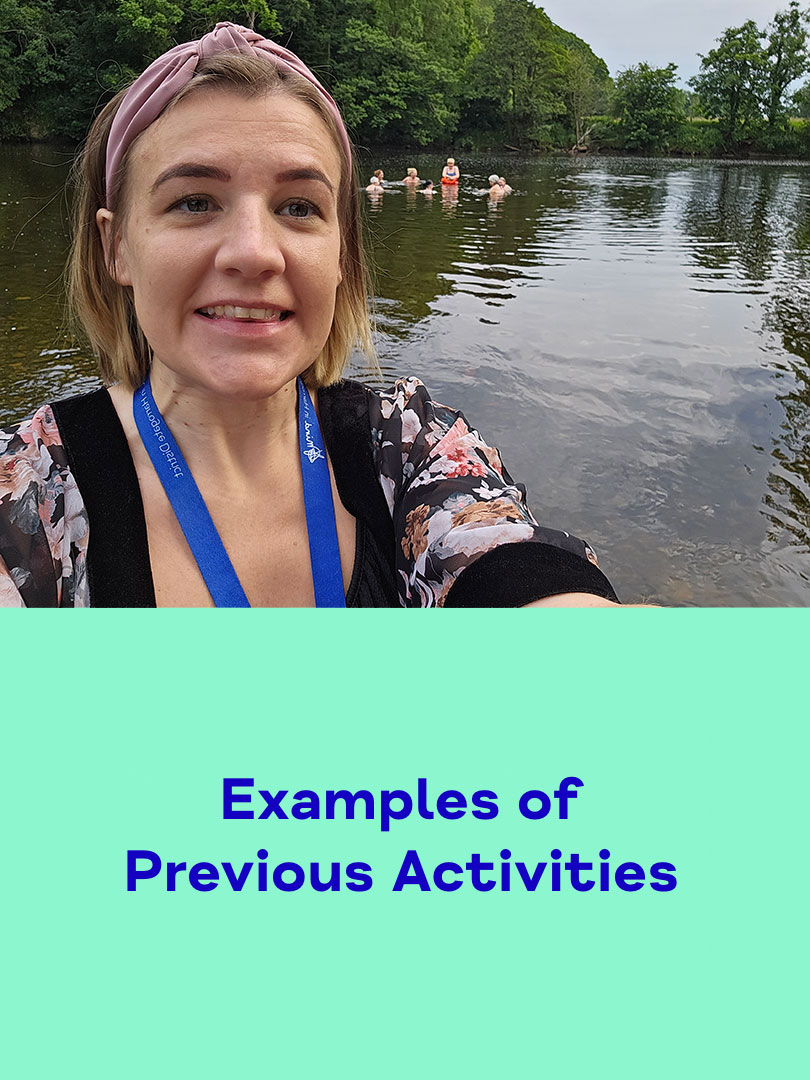
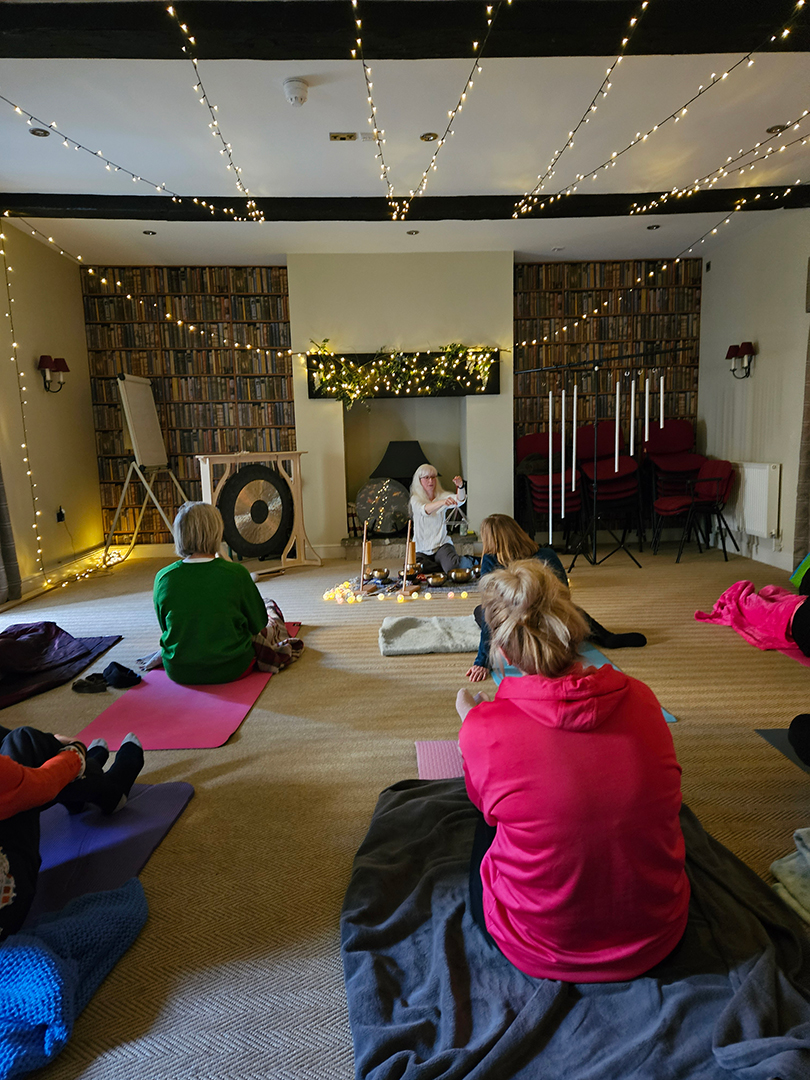
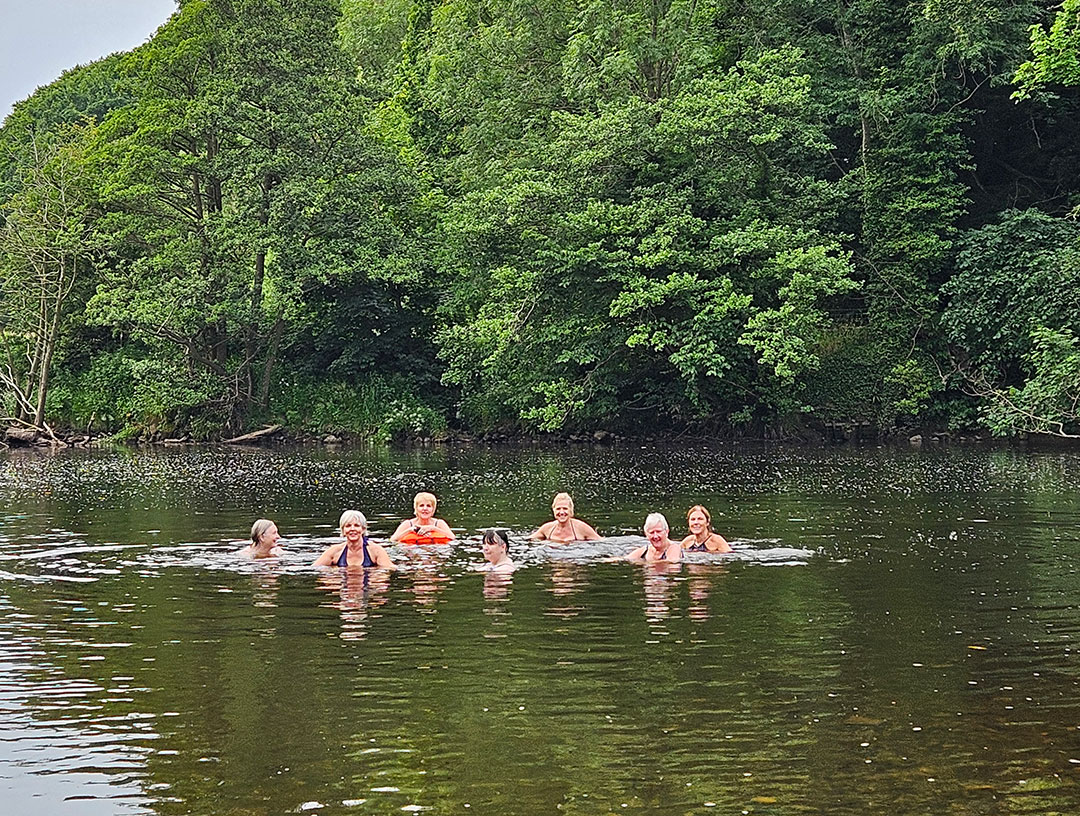
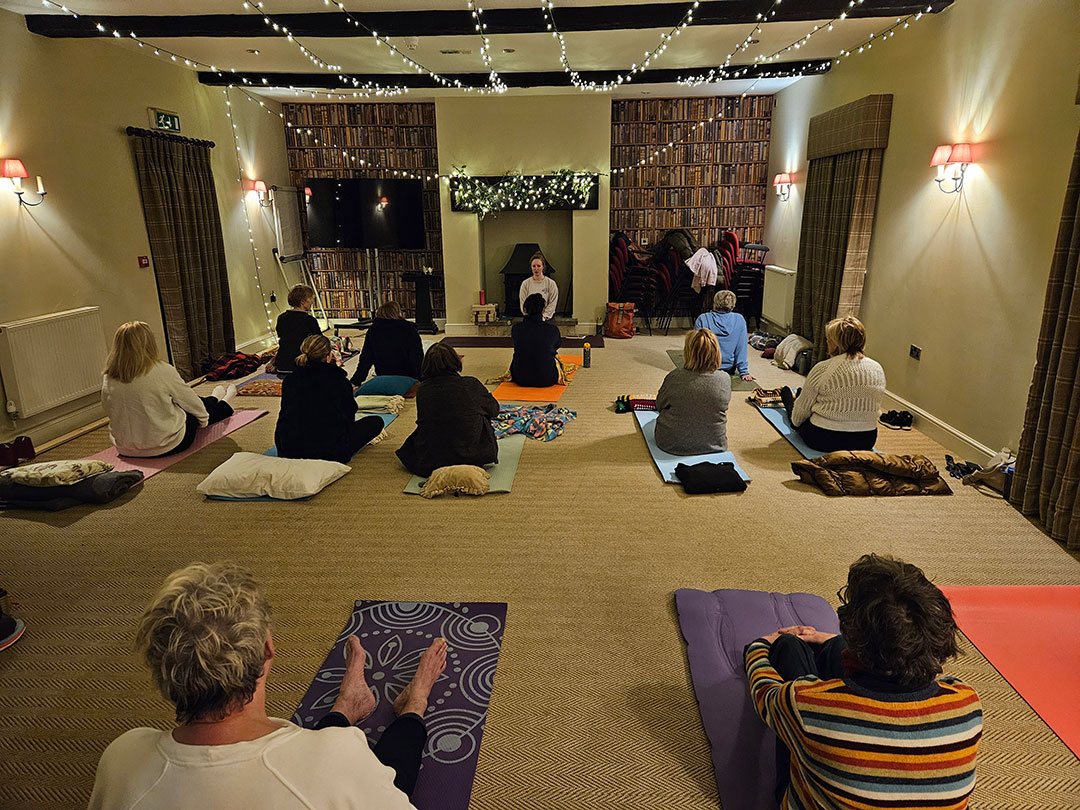
Mental Health First Aid Training
As part of our commitment to supporting people in rural areas to achieve the best possible mental health, we have delivered multiple mental health first aid training courses in Masham (alongside our Route One to Wellness Partner, Wellspring Therapy and Training). These courses equip participants with the knowledge and skills to recognise signs of poor mental health, feel confident to start a conversation, and direct individuals to appropriate support, helping to build supportive communities and workplaces where people feel they can be open about their mental health.
